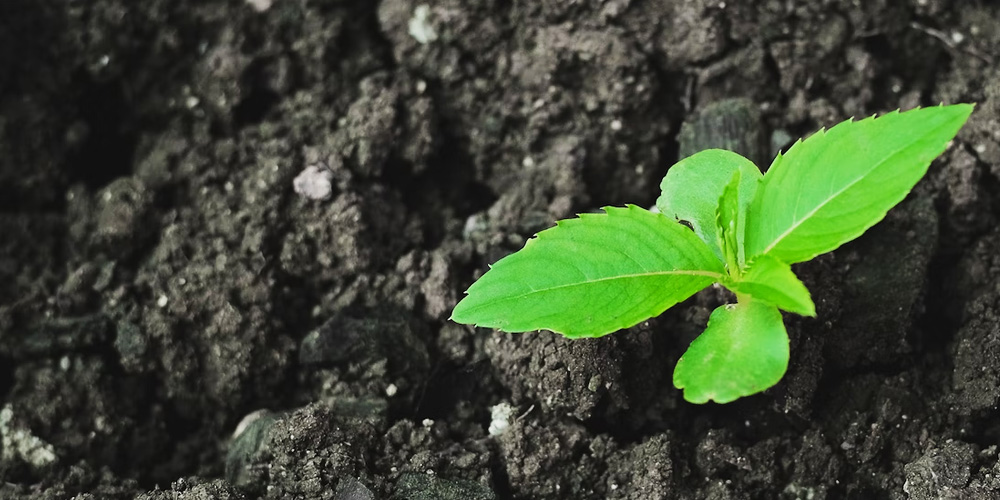¿Qué perdimos que siempre tenemos esa necesidad existencial de recuperar algo que sentimos nos falta?
Las pérdidas profundas en la vida no comienzan en el transcurso de nuestra historia terrenal, sino mucho antes. Si consideramos todas sus dimensiones, la pérdida que le provocó a la humanidad el primer pecado cometido por Adán y Eva (Génesis 3), coincidiríamos que la misma tal vez es la más dramática, ya que es el comienzo de todas las demás. La relación de común unión y amistad con el Creador, la capacidad de obrar el bien naturalmente, el sentido de reconocer la importancia de la necesidad en el otro, entre otras. El choque tan dramático de esa primera caída nos hizo sentir miedo a la vida, a la muerte, a nosotros mismos y a otros. El profundo dolor que produjo está acción humana se describe claramente cuando vemos a un Dios perfecto que se arrepiente (Génesis 6:6) de haber creado a quienes ideó para amar y para ser amado por estos. Ciertamente la restauración de la humanidad caída debía ser lo primero en la agenda de una divinidad para la que el “darse por vencido” no está en la naturaleza de su carácter (Malaquías 3:6-7).
Miles de siglos de historia, de profecías y de aceptación de que los seres humanos no podían salvarse a sí mismos mediante sacrificios, ritos y leyes, le antecedieron a ese plan de rescatar la vida. La restauración plena debía venir desde la raíz del problema, así la solución debía darse por medio de un ser humano que cargara toda aquella responsabilidad del más grande error humano (Romanos 8:3-4; 5:12-21). ¡Y nos llegó Jesús con una inequívoca acción de restitución y salvación! A través de Él, la vida en pleno se torna nueva y vivificante. La existencia humana se renueva en todas las dimensiones del ser. Mediante la obra de su Espíritu Santo, y ante una fe fresca, sencilla y natural, el miedo se sustituye por confianza, el egoísmo por común unión con la otredad y la culpa inútil por responsabilidad hacia un proceso de vida propio y hacia la humanidad.
Quienes hemos vivido esta experiencia, de que nos convierta en seres plenos y con esperanza, sabemos que la vida se renueva ante la llegada de un nuevo comienzo. Sentimos que encontramos eso que perdimos. Lo más maravilloso es que ese “renovar la vida” es un proceso vivo, dinámico y constante. Cada despertar nuestro es un recuerdo a nuestras personas de la presencia divina y trinitaria que nos hace nuevos cada instante “… sus misericordias son nuevas (o sea, se renuevan) cada mañana, grande es su fidelidad” (Lamentaciones 3:23). La bondad de Dios se extiende como un manto de misericordia, para que siempre que miremos a Él y a su obra redentora, nos salve, restaure y sane de todo aquello que el pecado nuevamente intente romper en nosotros. Nuestra vida se renueva cada vez que nos encontramos con Él, para no perdernos jamás (Juan 3:16). Al comenzar la cuaresma usa esta época como un tiempo de renovar tu vida con la ayuda del Espíritu Santo.
La Rvda. Dra. Maricarmen Laureano es conferencista internacional y predicadora itinerante. Como Psicóloga-Educadora en Calidad de Vida, se dedica a comunicar, enseñar y animar a las personas e iglesias a sanar para que mejoren sus vidas. Por treinta años, ha sido fundadora y facilitadora de Escuelas de Crecimiento y Desarrollo Personal. Está casada con el Pastor Billy Jusino y ambos viven en Río Grande, Puerto Rico.


” Santa, para mejorar la vida ” me suena interesante y edificante el término. Me gustaría conocer más éste tema de manera personal y, cómo Iglesia. Gracias por compartirlo. Muchas Bendiciones !!